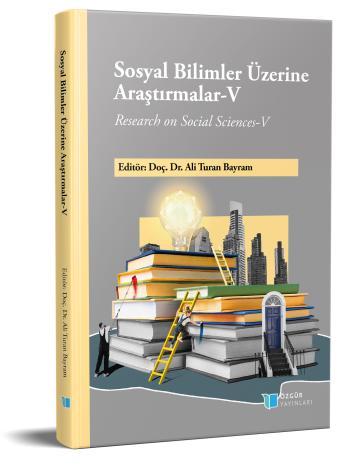
Kant’ta Kişilik Mantıksal Yanlış Çıkarımı
Şu kitabın bölümü:
Bayram,
A.
T.
(ed.)
2023.
Sosyal Bilimler Üzerine Araştırmalar- V.
Özet
Leibniz kişinin zamanın her anında özdeşliğinin bilincinin tözsel olarak ruhun özdeşliğini gerektirdiğini savunur. Bunun aksine Kant ise bilinç temeli üzerine kişi özdeşliğinin ruhun zamanda özdeşliğini gerektirdiğine dair çıkarsamayı mantıksal bakımdan yanlış olarak niteler. Bir çıkarımın mantıksal olarak yanlış olmasının nedeni ise orta terimin öncüllerde farklı anlamda kullanılmasıdır. Bununla birlikte kişilik çıkarımında orta terimin bu şekilde bir kullanımı görülmez. Dahası Kant ruhun özdeşliğine karşı üç argüman ileri sürer. Birincisi, zamanda özdeşliğime dair bilincimin benim zamana dair bilincim ile aynı olmasıdır. İkincisi, ruhun özdeşliğinin dışarıdan bir kimse tarafından empirik olarak bilinemeyecek olmasıdır. Üçüncüsü ise bilincimin birbirinden farklı tözler tarafından taşınabilmesinin mümkün olmasıdır. Buna göre Kant bir töz olarak ruhun özdeşliğinin bilinemeyeceği sonucunu çıkarır. Bununla birlikte Kant’ın argümanları, ben bilincimin ait olduğu tözün özdeşliğini reddetmek için yeterli görünmez. Çünkü bizim kendimizin özdeş olduğumuza dair bir bilincimiz bulunur, bu bilinç sadece bir düşünce olmaktan daha çok bilgi değeri taşır ve dahası özdeş olmayan tözlerin özdeşlik bilincine sahip olması beklenmez.

